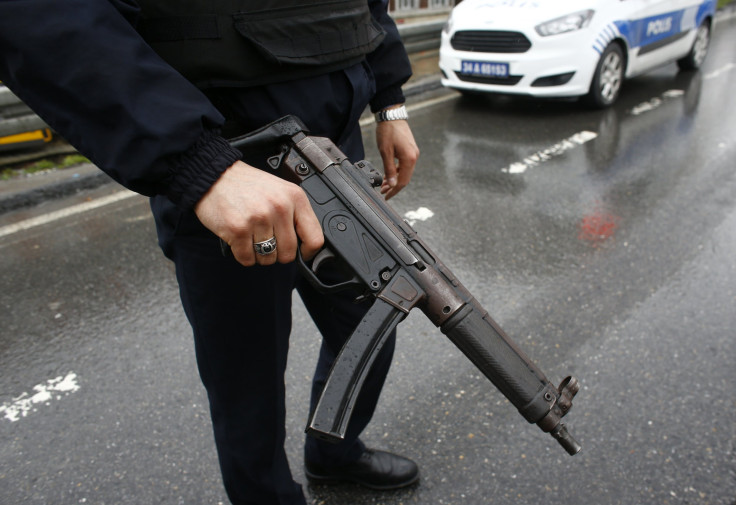These 3 Gun-Violence Laws Have Significantly Cut Down On Firearm Deaths

The United States has some of the most lenient gun ownership laws in the world. It also boasts one of the highest gun-related death rates of any country. Researchers from Boston University say the U.S. can cut those deaths by more than 80 percent by enacting three specific laws on a federal basis. These rules would require background checks for all ammunition and gun purchases as well as ballistic imprinting or microstamping of firearms so they leave identifiable traces when fired.
"The findings suggest that very few of the existing state gun-control laws actually reduce gun deaths, highlighting the importance of focusing on relevant and effective gun legislation," said Bindu Kalesan, director of the university’s Evans Center for Translational Epidemiology and Comparative Effectiveness Research, in a statement. "Background checks for all people buying guns and ammunition, including private sales, are the most effective laws we have to reduce the number of gun deaths in the U.S."
Kalesan and her colleagues counted the gun-related deaths in each state in 2010, gathered information on 25 state laws that were implemented in 2009, and created data sets for every state that included gun ownership rates, non-gun-related death rates, and unemployment rates. The researchers used these statistics to determine the independent link between gun laws and gun-related homicides, suicides, and overall deaths as well as to project mortality rates if the laws were to be enacted on a federal level.
Of the laws studied, nine correlated with reduced gun deaths. On the other hand, nine so-called stand your ground laws, which allow citizens to use deadly force in self-defense when they perceive a threat, were associated with increased rates of gun-related deaths. A total of 31,600 Americans died by guns in 2010, a rate of 10.1 per 100,000 people. Hawaii had the lowest rate at 3.31, while Alaska had the highest at 20.3.
"Very few of the existing state-specific firearms laws are associated with reduced mortality, and this evidence underscores the importance of focusing on relevant and effective firearms legislation," said senior study author Dr. Sandro Galea, dean of the School of Public Health at Boston University. "Implementing universal background checks for the purchase of firearms or ammunition, and firearm identification nationally could substantially reduce mortality in the U.S."
Seven states enacted laws that require background checks for the purchase of both guns and ammunition by 2010. Only three states passed laws that require gun identification through ballistics and microstamping. Researchers attributed the success of laws that require background checks to the protective effect of state laws, which amend loopholes in the Brady Law passed in 1993 which requires criminal background checks only for guns sold through licensed dealers.
While ballistic imprinting and microstamping laws reduced gun-related deaths by 84 percent, ammunition background checks reduced rates by 82 percent and universal background checks reduced rates by 61 percent. According to the research team’s projections, implementing these three laws nationally could reduce the U.S. rate of gun-related deaths to 0.16 per 100,000 people.
Source: Galea S, Fagan J, Keiser O, Mobily M, Kalesan B. Firearm legislation and firearm mortality in the USA: a cross-sectional, state-level study. The Lancet. 2016.



























